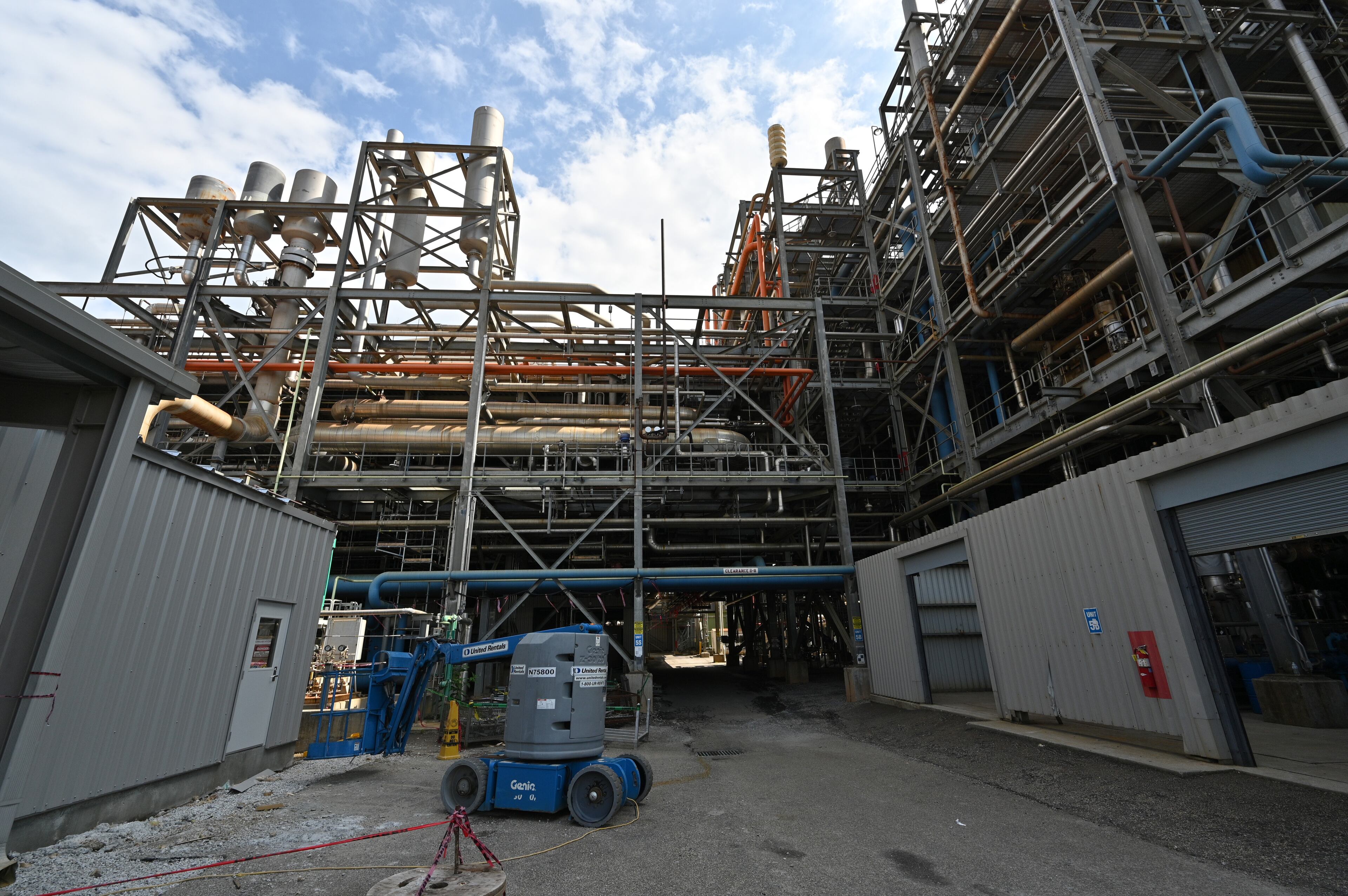Decatur’s North McDonough Street close to completion

Decatur is about three months away from completing its “re-imagining” of North McDonough Street, specifically the roughly quarter mile between Trinity Place and Howard Avenue. But most of its features are already taking shape.
McDonough will remain two lanes permanently for cars, with a two-way bicycle track, wider sidewalks on both sides of the road, street furniture and streetlights.
But the highlight is its green infrastructure, with 17 bio filtration waterbeds filtering silt and pollution from surface runoff water. Green infrastructure concepts originated in the mid-1980s, domestically in the Maryland/Washington D.C. region, but this is one of the first such systems in metro Atlanta.
“[McDonough has] a deep hill, and there was no storm drainage except at the bottom,” said Deputy City Manager Hugh Saxon. “Everything flowed to the bottom, carrying the oils of the street into the storm water system.”
Total cost for the one-year project is $5.5 million, $3,750,000 of which comes from federal grants, the rest local.
North McDonough will eventually be assimilated into the Decatur PATH Connectivity Plan. Built in collaboration with the PATH Foundation, the Plan will take about 10 years and cost a total $12 million. When finished it’ll include seven separate bike paths and trails throughout the city totaling nine miles.

